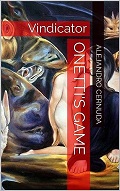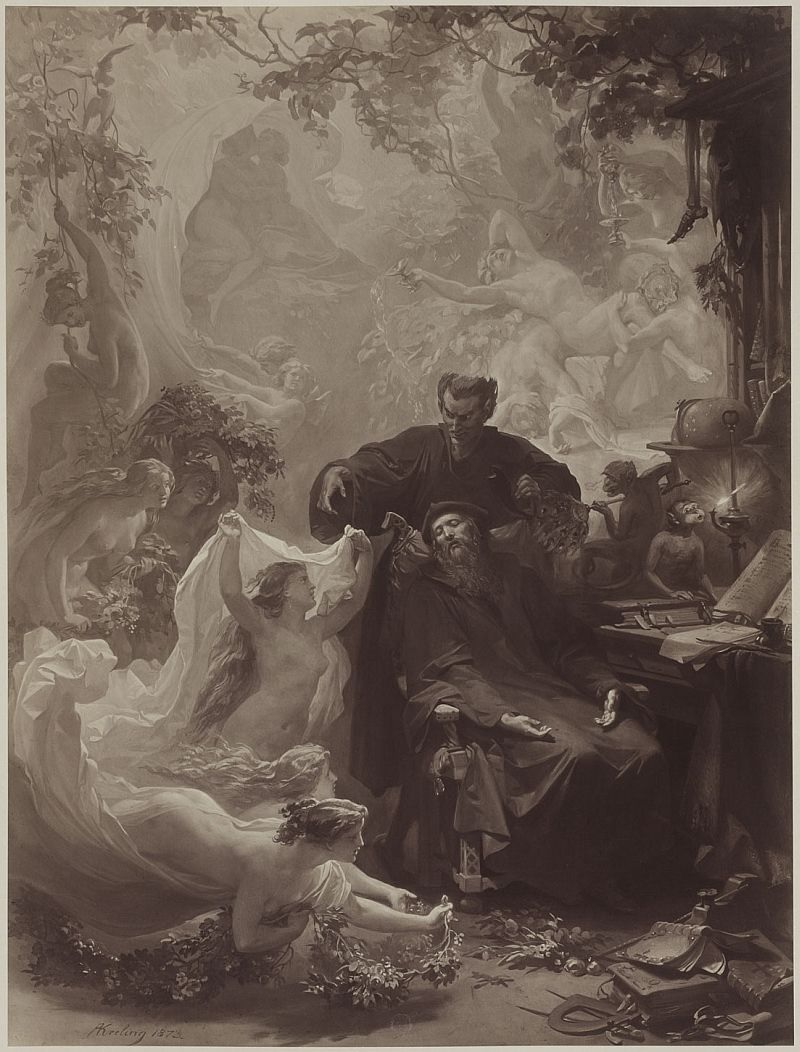About The Novel Falling In Love With Ana
Compartir este artículo Tweet
If I or any of you were ordinary readers (fortunately, or perhaps unfortunately, we are not), and someone asked us to tell in a few words the plot of this novel, we would surely say, more or less: it is the story of a foreigner who arrives in Ciego Montero with the double intention of finishing writing a book and finding out something about the life of his father, A native of that place as he has been told and whom he barely knew.
The foreigner, Eliott Kleinn, meets Ana, the simple girl who lives with her husband in the house where he is staying, and falls in love with her. Ana dreams of Paris, and Kleinn dazzles her with his stories about the City of Light. The girl, bored and a little jaded of her husband's “machismo”, soon surrenders to the stranger. Ana's husband, duly jealous and therefore suspicious, surprises them in the act of infidelity (or -making the beast with two backs-, as surely Shakespeare would have said ... but he was no ordinary reader), and stabs them to death. End of story.
Seen this way, the argument could be very similar to many others, a melodrama with a tragic and predictable ending. Only, and herein lies the first difference, the happy difference of this novel, here nothing seems to be what it is. Kleinn is more than just a tourist; the book he writes is not a book like any other, but a new version of the Bible; the true origin of his supposed father is lost in a dark time; never been in Paris, Anne is a stormy magma that seems to attract everything that moves around her, and in the end, it is the outraged husband who only seems to really die.
What could be assumed to be a frivolous game of equivocations is subtly transformed into a playful structure, although permeated with macabre tones, -details- that are shaping with insight that rarefied, strange, at times cryptic or perhaps mysterious atmosphere in which most of the characters move. -A I don't know what is left babbling-, to put it in the manner of Fray Luis de León, seems to float above all. And this rarefiedness, which undoubtedly exists, is the result of the arrival of Eliott Kleinn, who comes from Bosnia, to the quiet village of pure waters.
A character that seems to have been created by the sagacity and psychological depth of Henry James, the subtle and creepy characterization of a Robert L. Stevenson and the rich acuity and transfiguring spirit of Lezama Lima, the Lezama of Oppiano Licario, to be more exact. This mixture, far from looking like a pastiche, makes Kleinn a simply masterful character. And the filling of these three big names is not fortuitous:
Falling in love with Ana has that rare in our literary context- and very appreciable quality of combining with absolute credibility and honesty the universal with the national, being at the same time a Cuban novel and cosmopolitan, autochthonous and ecumenical, of Ciego Montero and the world, landscape or context that genuinely imbricates Gothic atmospheres with streams of Creole countryside, Essential mysteries with local witchcraft, all nuanced by a fine sense of humor, an irony or a mischievous and insightful cynicism that resizes everything, perhaps giving it a new value.
Actually, who is Eliott Kleinn? I couldn't say. And if I knew I wouldn't say it either, for two fundamental reasons: I would always be running the risk of being wrong, and I would also break the magic and charm of discovering it for yourselves (if you can). The only thing we know for sure, and that's because the character himself tells us, is that Eliott Kleinn is not Eliott Kleinn.The real Kleinn, a Jewish convert, is already dead. Killed by the same being who at this moment usurps his identity. Now this is someone who has assumed his old personality, his outer physical traits. Tucked inside this anatomical structure there may be a fallen angel, a scribe at the service of Mephistopheles, a vampire, a demonic entity, transvestite however that we cannot analyze according to our usual conception of evil.>
Subjected to forces that are superior to him, torn between a rugged and diffuse past and the encounter with new and seductive sensations, such as the discovery of pleasure and sensuality, Kleinn is torn between the mission assigned to him something that we will know only at the end of the story – and the seduction that this girl of small-town charm exerts on him. Like Oscar Wilde, Klein seems to be able to resist anything but temptations (remember also Niestzche: the real man wants two things: danger and play. That's why he loves the woman, the most dangerous toy).
Here, superior forces stand between duty and desire, forces contained in the allegorical enigma represented by the character of Augustine (God and the devil fighting tirelessly on that battlefield that is the heart of man), forces mediated in some way by that character -hinge-, catalyst, who embodies Charity, who enters as unintentionally in history, dressed in a secular local exoticism (mad-witch-drunk-mysterious and therefore a public figure), and who seems to be the only one to emerge unscathed from this gruesome plot.
In this sense, I think one of the biggest successes of Falling in love with Ana is in the construction of the characters. As if carried by a sure and sharp hand, they enter and leave history exposing their points of view, their ways of seeing things, their fears, anxieties, doubts, revelations, and this is shaping the network of situations and events that advances at a frantic pace towards an inevitable destination (like any destiny that is respected as such.).
A structure that, as suggested by Marcial Gala in the small back cover note, is very reminiscent of the Faulkner (well assimilated) of While I Die, and that I can think of comparable also with the narrative texture of Rashomon, Kurosawa's great film. About the novel and Alejandro Cernuda What I esteem most, however, in this first novel published by Alejandro Cernuda, is his writing ability. Writing well, that which more or less all, in one way or another, we know or intuit what it is but that with difficulty we can explain, and that, very personally, I miss so much in contemporary Cuban narrative.
Judging by this text, Cernuda seems to be one of those few who has something to say, and knows how to say it well. Difficult conjunction, terrible paradox, wakefulness of all of us who make literature the main meaning of our lives. Elliptical, precise, suggestive, intense and intelligent are some of the attributes with which I would like to classify it. Something that he had already been able to discover in some of his stories, still unpublished, and that he now confirms in this brief and delightful story of love and perversion. I therefore assume the absolute responsibility of recommending this novel, with the conviction that something will be throbbing within you once the reading is finished, -that again- I do not know what is left babbling-, restless, ambiguous, uncertain and disturbing, in short, like all good literature.
SQLClientCoreTool
DataGather is a class from SQLClientCoreTool. Examples. Cases of use.
---------------

... Más info
